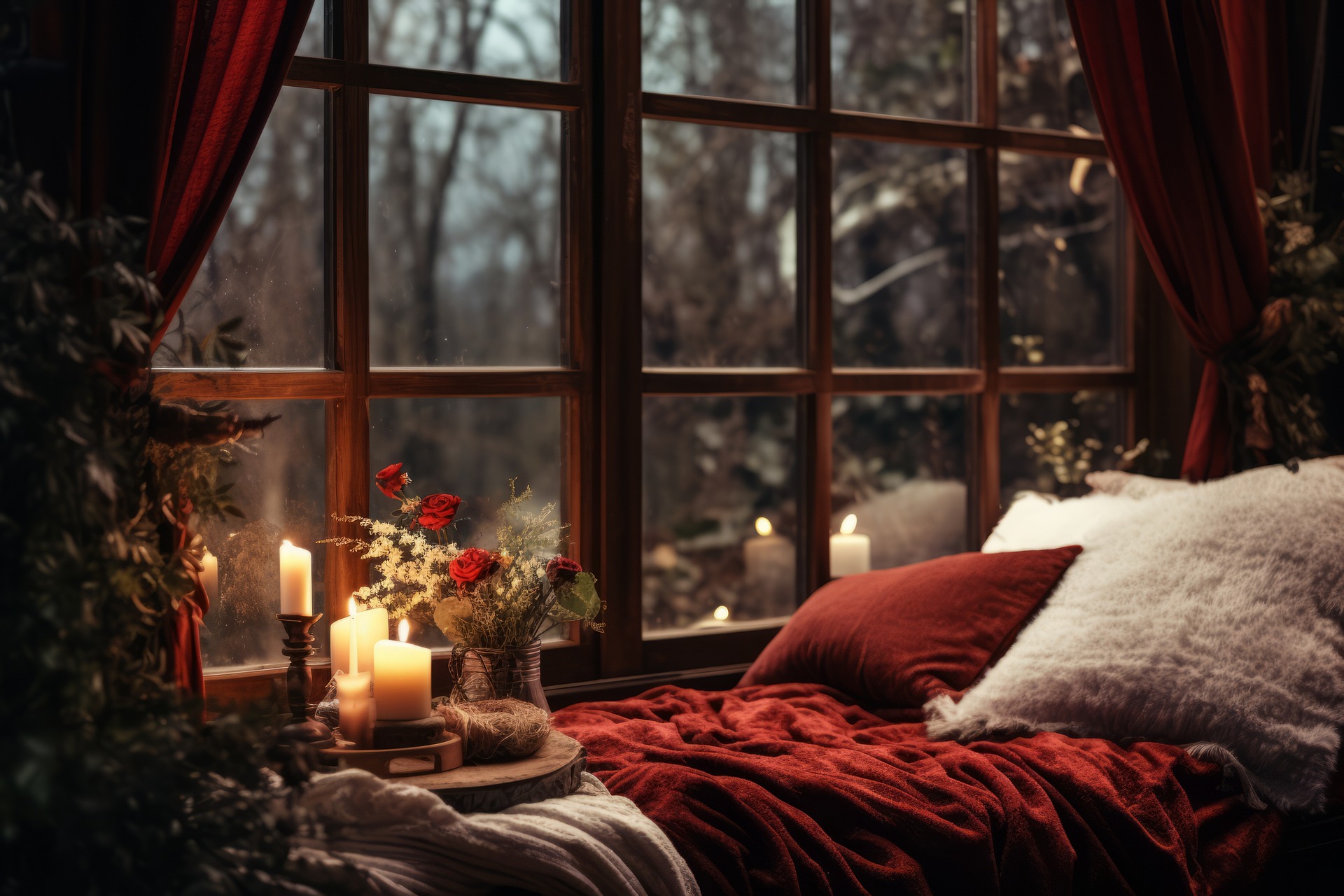The Resurgence of Wabi-Sabi: Embracing Imperfection at Home
Introduction: In the realm of home design, a unique approach is gaining traction: Wabi-Sabi. This ancient Japanese philosophy celebrates the beauty of imperfection, advocating for authenticity and a return to simplicity. Let's delve into the fascinating world of Wabi-Sabi and its growing influence on modern home styling.

The Roots of Wabi-Sabi
Originating from Japan, Wabi-Sabi is a philosophical concept that values the beauty in imperfection and the natural cycle of growth and decay. Its roots can be traced back to the 15th century, during the Muromachi period. It was a reaction to the opulent, lavish, and intricate designs of the Chinese Tang dynasty. This philosophy emphasizes the importance of authenticity, simplicity, and the appreciation of natural objects and processes.
Wabi-Sabi in Contemporary Design
In today’s design world, Wabi-Sabi is about embracing the beauty of imperfection in our homes. It encourages us to appreciate the beauty of natural materials with all their knots, cracks, and other “flaws.” It’s about choosing handcrafted items over mass-produced ones, and aging gracefully rather than chasing after the latest trends. This philosophy resonates with modern homeowners who are tired of the constant pursuit of perfection that is often reflected in contemporary design trends.
Practicality and Market Trends
The practicality of Wabi-Sabi lies in its mindfulness and simplicity. It promotes a less-is-more approach, reducing clutter and emphasizing the functionality of each item in your home. Market trends show a growing interest in this design philosophy, as consumers increasingly value authenticity and uniqueness over mass-produced, “perfect” items. Wabi-Sabi also aligns with the trend towards sustainability, as it encourages reusing and repurposing rather than constantly buying new.
Impact on Daily Living
Adopting the Wabi-Sabi philosophy in home design can enhance our daily living by promoting a sense of peace and contentment. It teaches us to appreciate the beauty in everyday life and to be mindful of the simple pleasures around us. It also encourages us to value the process and the journey, rather than focusing solely on the end result. This can lead to a more fulfilling and less stress-filled life.
The Art of Imperfection
Incorporating Wabi-Sabi into your home doesn’t require a complete overhaul. It could be as simple as choosing handmade pottery with slight imperfections, displaying a patchwork quilt made from old clothes, or leaving the knots and cracks in your wooden furniture as they are. The key is to appreciate these “flaws” as part of the beauty and uniqueness of each piece.
In conclusion, Wabi-Sabi offers a refreshing alternative to the often unrealistic perfection sought in modern design. It’s about embracing the beauty of imperfection and authenticity, and bringing a sense of peace and contentment into our homes. As this ancient philosophy continues to resonate with modern homeowners, we can expect to see more of its influence in the world of home design.




